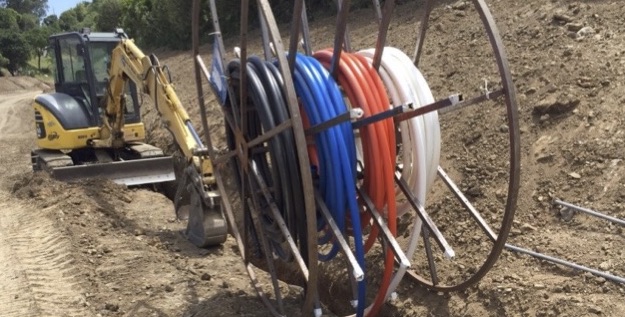Dig once, broadband spectrum added to federal budget bill
![By Noclip (Own work) [Public domain], via Wikimedia Commons](https://www.tellusventure.com/images/2016/11/capitol_hill.jpg)
Broadband is getting a boost in the mammoth spending bill under consideration today in the U.S. house of representatives. But not cash.
Instead, the deal negotiated by republican and democratic congressional leaders rolls in a telecoms bill unanimously approved earlier this month by the house of representatives. It includes some useful, if mild, dig once requirements for federally funded highway projects – state transportation agencies will have to share construction plans, but not necessarily trenches, with Internet service providers and local agencies – and it frees up 255 MHz of spectrum for broadband use.… More

![By Joker Poker [CC BY 2.0 (https://creativecommons.org/licenses/by/2.0)], via Wikimedia Commons](https://www.tellusventure.com/images/2017/3/gambling_table.jpg)

![By 401(K) 2012 [CC BY-SA 2.0 (https://creativecommons.org/licenses/by-sa/2.0)], via Wikimedia Commons](https://www.tellusventure.com/images/2017/5/piggy_bank.jpg)
![By Slowking4 (Own work) [GFDL 1.2 (http://www.gnu.org/licenses/old-licenses/fdl-1.2.html)], via Wikimedia Commons](https://www.tellusventure.com/images/2018/1/net_neutrality_banners.jpg)

![By Credo Action (Protect Net Neutrality rally, San Francisco) [CC BY 2.0 (http://creativecommons.org/licenses/by/2.0)], via Wikimedia Commons](https://www.tellusventure.com/images/2018/3/sf_net_neutrality_rally_12sep2017.jpg)


